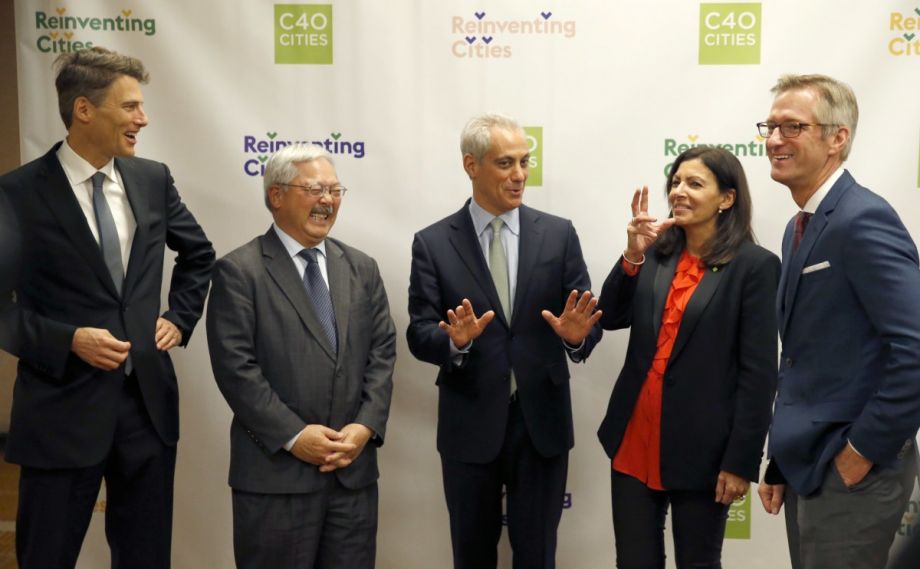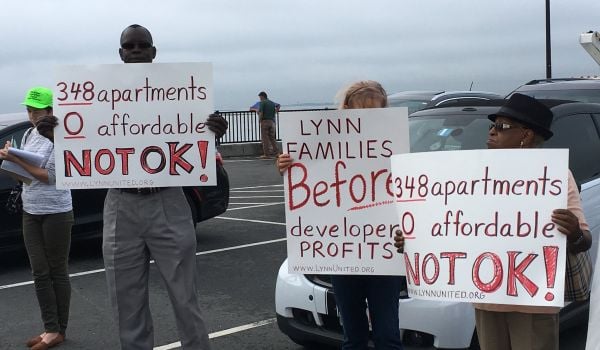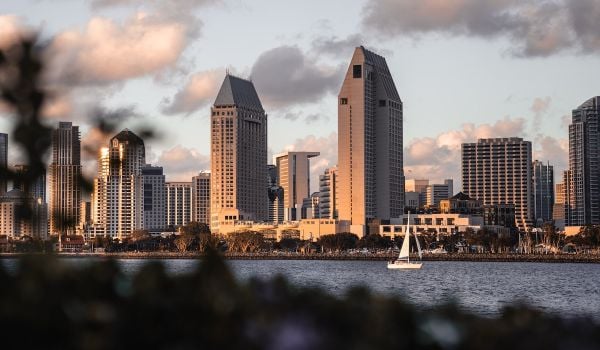2017 has been the year of the mayor. Whether because cities are the main stronghold of Democratic Party leadership nationwide, or because President Donald Trump’s fund-slashing agenda is so antithetical to the priorities of even red-leaning mayors, 2017 was the year mayors began organizing with a vengeance, pooling their influence (and funds) on issues like housing preservation, climate change and immigration. Here are a few of the ways city leaders stood up to Trumpism this year.
Climate Change
From Houston’s flooding to L.A.’s fires, cities are seeing the catastrophic impacts of a warming planet firsthand. After Trump’s announcement that the U.S. would pull out of the Paris Agreement — leaving America alone on the planet when Syria and Nicaragua joined earlier this year — a group of mayors declared that they would be staying put. What had begun as an open letter to the president signed by 67 mayors evolved into a movement when more than 300 U.S. mayors agreed to adopt the emissions-reduction targets outlined by the historic agreement. Earlier this month, a devoted group of 36 leaders signed the Chicago Charter, which outlined a framework for how U.S. cities could meet those targets.
Meanwhile, cities also went digital with their resistance. In May, when the Trump administration began pulling climate change information from federal websites, the city of Chicago launched a new online section called “Climate Change is Real” which included information from decades of EPA research and background on the basic science behind climate change.
“The Trump administration can attempt to erase decades of work from scientists and federal employees on the reality of climate change, but burying your head in the sand doesn’t erase the problem,” Mayor Rahm Emanuel said in a statement.
Immigration
Beyond declaring their metros “sanctuary cities,” mayors created a number of new policies to ensure the safety of immigrants and keep their borders open this year. Hartford, Connecticut, and Detroit have modified their municipal ID programs in response to fears that federal agents will collect the city-level data and use it to target undocumented residents. In July, Oakland City Council rescinded a 2016 agreement with U.S. Immigration and Customs Enforcement (ICE), viewing the agreement as a potential information-funnel between the local police force and federal agents. And when the Trump administration withdrew from the process of developing a new Global Compact on Migration, Mayors from New York, Los Angeles, Chicago, Atlanta, Philadelphia, Dallas and D.C. asked to be formally included in the U.N. negotiations.
Affordable Housing
In April, Politico’s Survey of Mayors revealed that a top concern for city leaders (including right-leaning city mayors) under Trump was the elimination of HUD’s Community Development Block Grants (CDBGs), which the federal administration had claimed are “not well-targeted to the poorest populations and [have] not demonstrated results.”
The president’s budget blueprint that included those cuts never passed, but city leaders have still taken to protecting their funding sources for affordable housing. In December, D.C. Mayor Muriel Bowser announced a strategy to protect the city’s private activity bonds (PABs), which were slated for elimination under the House’s draft of the federal tax bill (they were preserved in the final draft).
Meanwhile, in May, the Seattle City Council unanimously passed a resolution stating its intent to adopt an income tax on high-earning residents to help fund affordable housing, education and transportation — although a King County Superior Court judge soon after ruled that the measure was illegal.

Rachel Dovey is an award-winning freelance writer and former USC Annenberg fellow living at the northern tip of California’s Bay Area. She writes about infrastructure, water and climate change and has been published by Bust, Wired, Paste, SF Weekly, the East Bay Express and the North Bay Bohemian
Follow Rachel .(JavaScript must be enabled to view this email address)
















